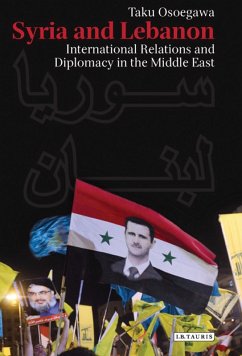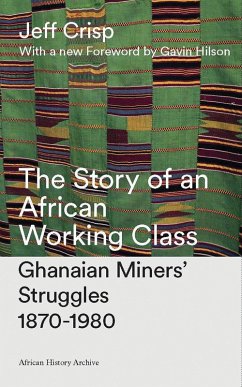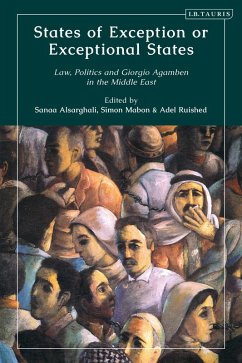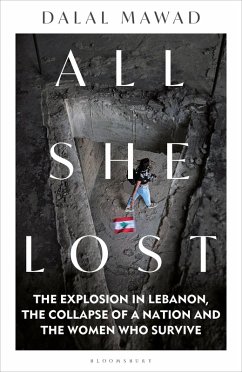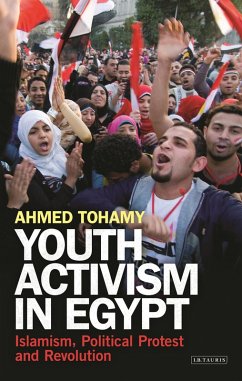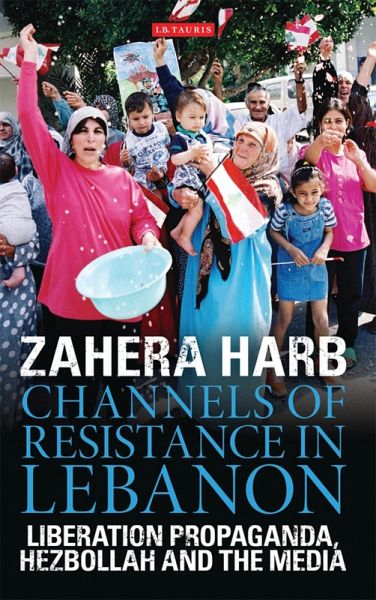
Channels of Resistance in Lebanon (eBook, ePUB)
Liberation Propaganda, Hezbollah and the Media

PAYBACK Punkte
54 °P sammeln!
The South Lebanon conflict saw two decades of sustained resistance by the Lebanese to the Israeli occupation. The Lebanese media's role in achieving liberation over this period is significant, through campaigns conducted to unify the Lebanese people against their foreign occupier and in support of the Lebanese resistance in South Lebanon. This book investigates the culture and performance of Lebanese journalism in this setting. It is a story about journalism told by a journalist who is also using tools of scholarship and research to narrate her story and the story of her fellow journalists. Za...
The South Lebanon conflict saw two decades of sustained resistance by the Lebanese to the Israeli occupation. The Lebanese media's role in achieving liberation over this period is significant, through campaigns conducted to unify the Lebanese people against their foreign occupier and in support of the Lebanese resistance in South Lebanon. This book investigates the culture and performance of Lebanese journalism in this setting. It is a story about journalism told by a journalist who is also using tools of scholarship and research to narrate her story and the story of her fellow journalists. Zahera Harb is also presenting here an alternative interpretation of propaganda under conditions of foreign occupation and the struggle against that occupation. She identifies the characteristics of 'liberation propaganda' through the coverage and experience of the two Lebanese TV stations Tele Liban and Al Manar within the historical, cultural, organisational and religious contexts in which they operated, and how these elements shaped their professional practice and their news values.






